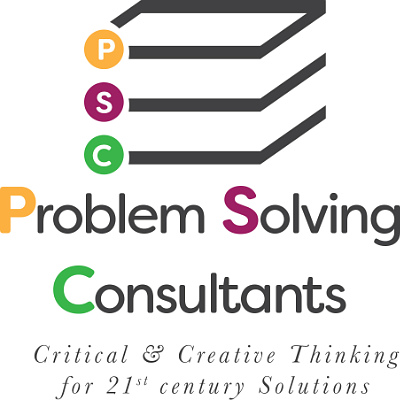Have you been watching or reading the news coming out of DC? Talk about problems! How would you go about solving problems of similar importance in your organization?
One approach could be to circle the wagons, surround yourself with loyal staff and pretend nothing is wrong. The loyal staff will support each and every one of your decisions. I can hear the comments from here – “and the problem with that is what?” There’s no real problem with this approach so long as you’re able to develop and implement objective and fair decisions. But “group think” can result in ill-advised decisions. History is replete with such situations, none of them solved satisfactorily. Apparently this is the approach being used yet again by the folks in DC. Now that should be interesting to watch.
The better approach to consider is to bite the bullet and hire a professional problem solver. That person can help maintain the necessary objectivity while empowering and motivating staff to provide well reasoned and well developed options for your team to consider. Here’s something else to think about. You don’t have all the answers and you don’t always make the best choices. You’re human and occasional opportunities for improvement will be encountered. Hiring a professional problem solver is the first step toward developing and implementing lasting solutions to your problems. Too bad the folks in charge in DC don’t use the same common sense you do.
